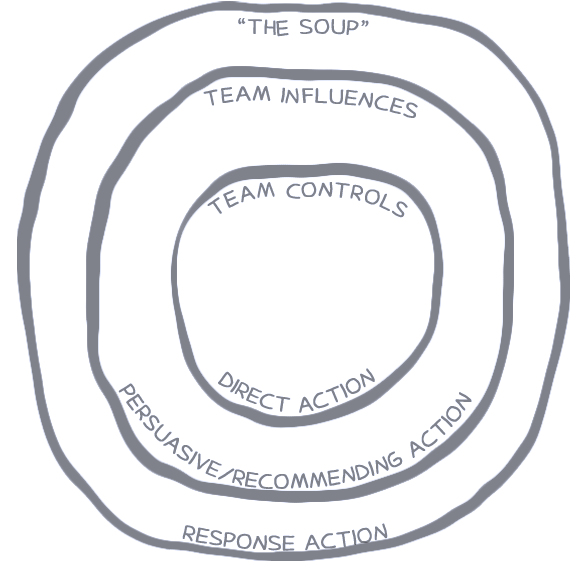I'm asking as a member of an Agile (Scrum) team, not as the PM/PO/Scrum Master.
On this project there are a handful of well-known impediments / problems / things that didn't go well, which are a recurring theme in every Sprint.
We are developing software but I didn't want to go into all the details, so, an anonymous-ish example from a house renovation project could be:
Client can't make a decision what layout they want for the kitchen until they receive the samples from the 3rd party supplier, but the 3rd party supplier keeps delaying it for unknown [to us] reasons. (They can't get a different supplier because of "whatever reasons") So we can't start building the cabinets because we don't have the layout.
That's just a made up example but it's the sort of 'impediment' I mean.
I see them in my head as "dead horse" topics (as in 'beating a dead horse'). Although we have tried to solve or mitigate them, they aren't really under our control.
It's accepted by the team that we can't resolve them at this point, but they are still hurting our productivity in each Sprint. (e.g. couldn't make any progress on building the cabinets, as the client still hasn't been able to specify what layout they want. We wasted a lot of time mocking up design ideas without any real idea what they wanted, but they rejected the designs.).
So now in each Retro (we have 2-week sprints, so every 2 weeks) we go through what went well, what could have been better, etc. People were calling out these "dead horse" topics in each and every Retro as they were genuine impediments or things that didn't go well. Generally met with a collective eye roll or groan like an unspoken "yeah, that's pretty much the main thing thats gone wrong and it's quite fundamental but what can you do!"
As a result "dead horse" topics have now been ruled out from discussion in retros, and we aren't allowed to bring up those subjects (e.g. no layout requirements due to the 3rd party dragging their feet) as part of "what went badly" discussions. But I feel like it's a bit of an 'elephant in the room' - (sorry for all the animal metaphors!)
Questions,
Is this a standard or good practice in facilitating a retro to 'censor' known issues like this? So that they don't just keep coming up over and over when no one can do anything about them?
If this isn't the standard approach, how should the subject of "known 'dead horse' issues that were a problem but we know we can't resolve" be addressed?
